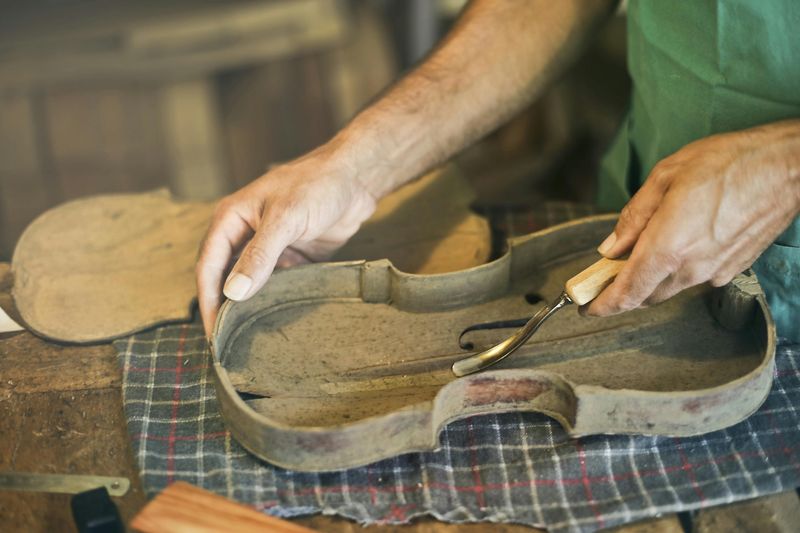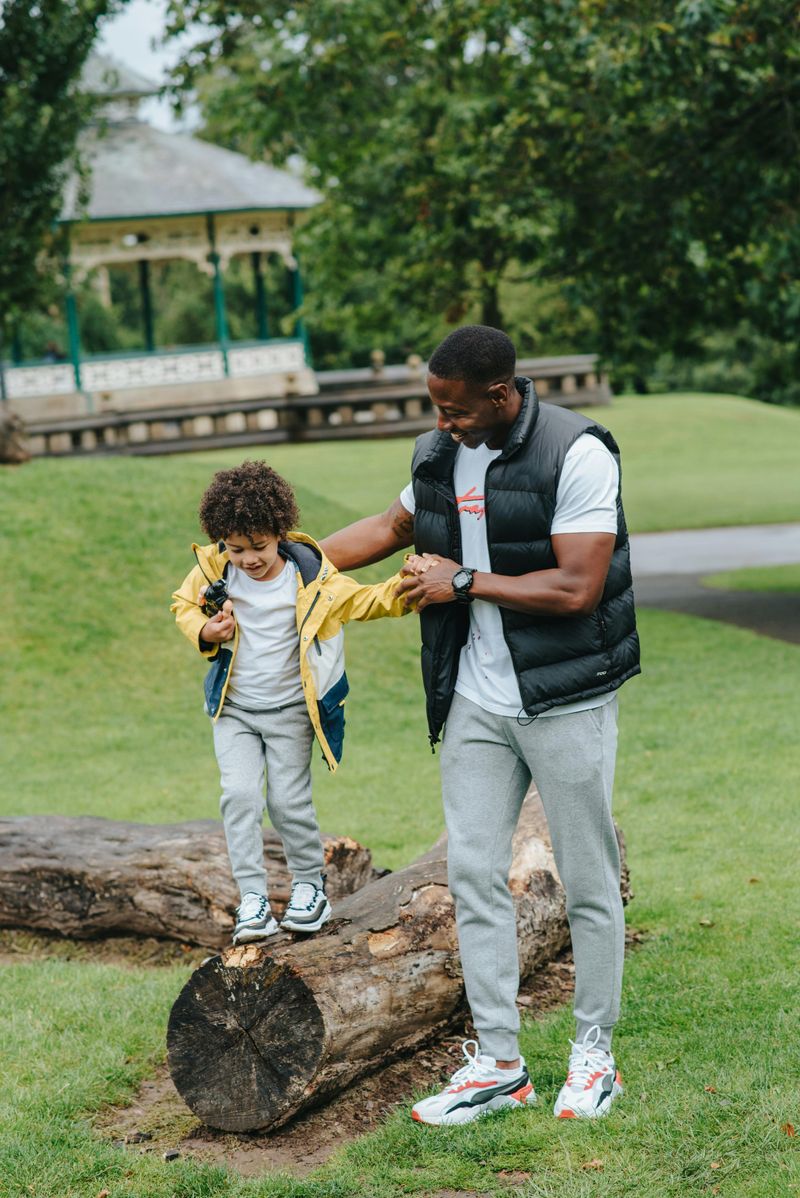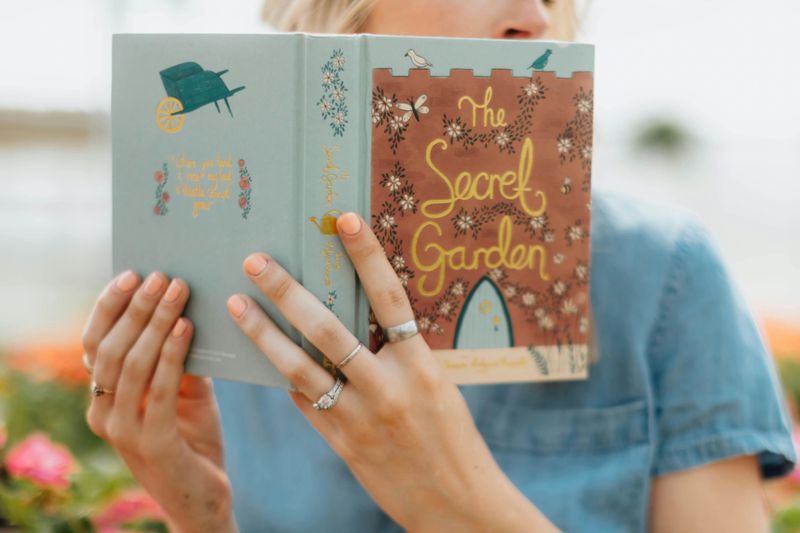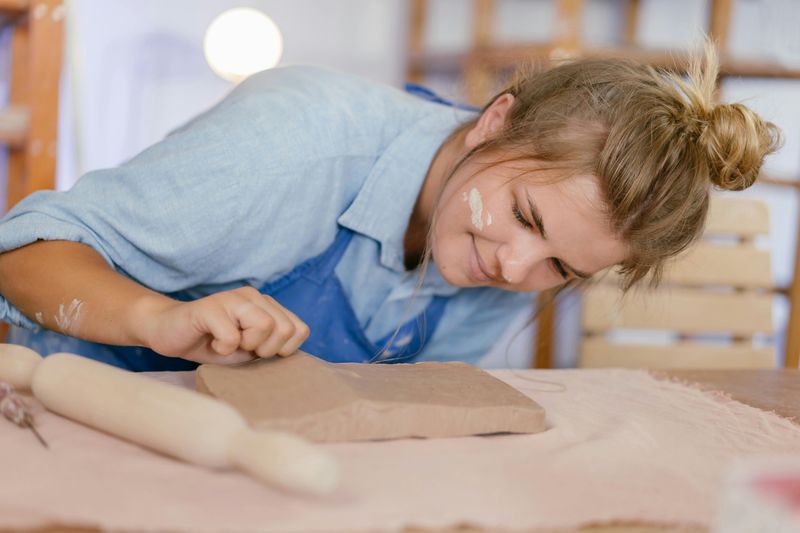Remember when your grandparents told you stories about how things were done back in their day? You probably rolled your eyes and thought those ideas were totally outdated.
But guess what—many of those old-fashioned lessons are making a huge comeback, and people everywhere are realizing that the wisdom of the past actually makes a lot of sense today.
1. Writing Letters by Hand
Texting is fast and easy, but there’s something magical about receiving a real letter in the mail. When someone takes the time to write by hand, every word feels more meaningful and personal.
Handwritten notes show effort and thoughtfulness that emojis just can’t match. Plus, writing slows you down and helps you express your feelings more clearly. Many people are rediscovering this lost art because it creates deeper connections.
Next time you want to thank someone or share good news, grab a pen instead of your phone. Your words will mean so much more when they’re written with care on real paper.
2. Learning to Cook from Scratch
Cooking your own meals used to be the only option, but now it’s becoming a trendy skill again. Making food from scratch saves money and tastes way better than anything from a box or drive-through window.
When you cook, you know exactly what goes into your body—no mystery ingredients or weird chemicals. It’s also a creative outlet where you can experiment with flavors and make dishes your own way. Sharing homemade meals brings families and friends together around the table.
Start simple with recipes like pasta sauce or cookies, and you’ll be amazed at what you can create with basic ingredients and a little patience.
3. Fixing Things Instead of Replacing Them
Our grandparents fixed everything—clothes, furniture, appliances—because throwing things away wasn’t an option. Today, this mindset is coming back as people realize how wasteful and expensive constantly buying new stuff really is.
Repairing items teaches problem-solving skills and gives you confidence in your abilities. It’s also better for the planet since less trash ends up in landfills. Whether it’s sewing a button, patching jeans, or tightening loose screws, small fixes add up to big savings.
Before tossing something broken, watch a quick tutorial online and give repair a shot. You might surprise yourself with what you can accomplish.
4. Spending Time Outside Without Screens
Back in the day, kids spent hours outside exploring, climbing trees, and inventing games with friends. No phones, no Wi-Fi—just fresh air and imagination keeping them entertained for hours.
Scientists now know that outdoor time reduces stress, improves mood, and helps you sleep better at night. Nature gives your brain a break from constant notifications and information overload. Even a short walk outside can boost creativity and help you think more clearly.
Challenge yourself to leave devices inside for thirty minutes daily and see what adventures you discover. Your mind and body will thank you for the digital detox.
5. Saving Money Instead of Spending Everything
Older generations lived by a simple rule: save first, spend what’s left. This habit helped them survive tough times and build secure futures without relying on credit cards for everything.
Saving money gives you freedom to handle emergencies without panic and lets you afford bigger goals like college or travel. It teaches patience and self-control in a world that constantly pushes instant gratification. Starting small—even saving spare change—builds habits that last a lifetime.
Try the challenge of saving ten percent of any money you receive, whether from allowance, gifts, or jobs. Watch your savings grow and feel proud of your financial responsibility.
6. Having Face-to-Face Conversations
Before smartphones existed, people actually talked to each other in person—wild concept, right? Real conversations build stronger friendships because you pick up on tone, expressions, and emotions that texts completely miss.
Looking someone in the eye while talking shows respect and creates a genuine human connection. These interactions improve your communication skills and help you understand others better. Studies show that face-to-face time makes people happier than endless scrolling through social media feeds.
Next time you hang out with friends, suggest a phone-free hour where everyone focuses on each other. You’ll laugh more, connect deeper, and actually remember the good times you shared together.
7. Reading Physical Books
Cracking open a real book might seem old-fashioned when everything’s available on screens, but readers everywhere are returning to physical pages. Books don’t send notifications, so you can focus completely on the story without distractions popping up every minute.
Holding a book and turning pages creates a different reading experience that many find more satisfying and memorable. Research shows that people understand and remember information better when reading from paper versus screens. Plus, building a personal library of favorite books feels rewarding in ways digital files never can.
Visit your local library or bookstore and discover how good it feels to unplug and get lost in a great story.
8. Practicing Patience Instead of Wanting Everything Right Now
We live in a world where everything happens instantly. You can stream any movie, order food to your door in minutes, and message friends across the globe without waiting. But all this speed has made us forget something important: good things really do take time.
Learning to wait builds character and teaches appreciation. When you work toward a goal for months or even years, achieving it feels amazing. Your brain actually releases more happiness chemicals when you earn something slowly.
Patience also reduces stress and anxiety. Instead of panicking when things don’t happen immediately, patient people stay calm and trust the process. They sleep better, worry less, and enjoy the journey instead of just rushing to the finish line.
9. Learning a Skill With Your Hands Instead of Just Staring at Screens
Your fingers can do way more than scroll and tap. Grandparents knew how to build, sew, carve, and create all sorts of amazing things with just their hands and simple tools. Now, after years of being glued to devices, people are remembering how satisfying hands-on work feels.
Working with your hands fires up different parts of your brain than screen time does. It improves focus, boosts creativity, and gives you real confidence because you made something actual and physical. Plus, you end up with cool stuff you can use or give as gifts.
Whether it’s woodworking, knitting, gardening, or drawing, manual skills connect you to generations of makers. They remind us that we’re capable of creating, not just consuming.
10. Keeping Your Word and Following Through on Promises
Did you know? A handshake used to be as serious as signing a contract. People built entire businesses on nothing but their word and a firm handshake. Today, with so many broken plans and flaky friends, being reliable makes you stand out like a superhero.
When you consistently do what you say you’ll do, people trust you. Trust opens doors to better friendships, opportunities, and respect. Nobody wants to count on someone who constantly cancels or makes empty promises.
Following through also builds self-respect. Each time you keep a commitment, you prove to yourself that you’re dependable and strong. Your confidence grows, and others naturally want you on their team for important projects and adventures.










